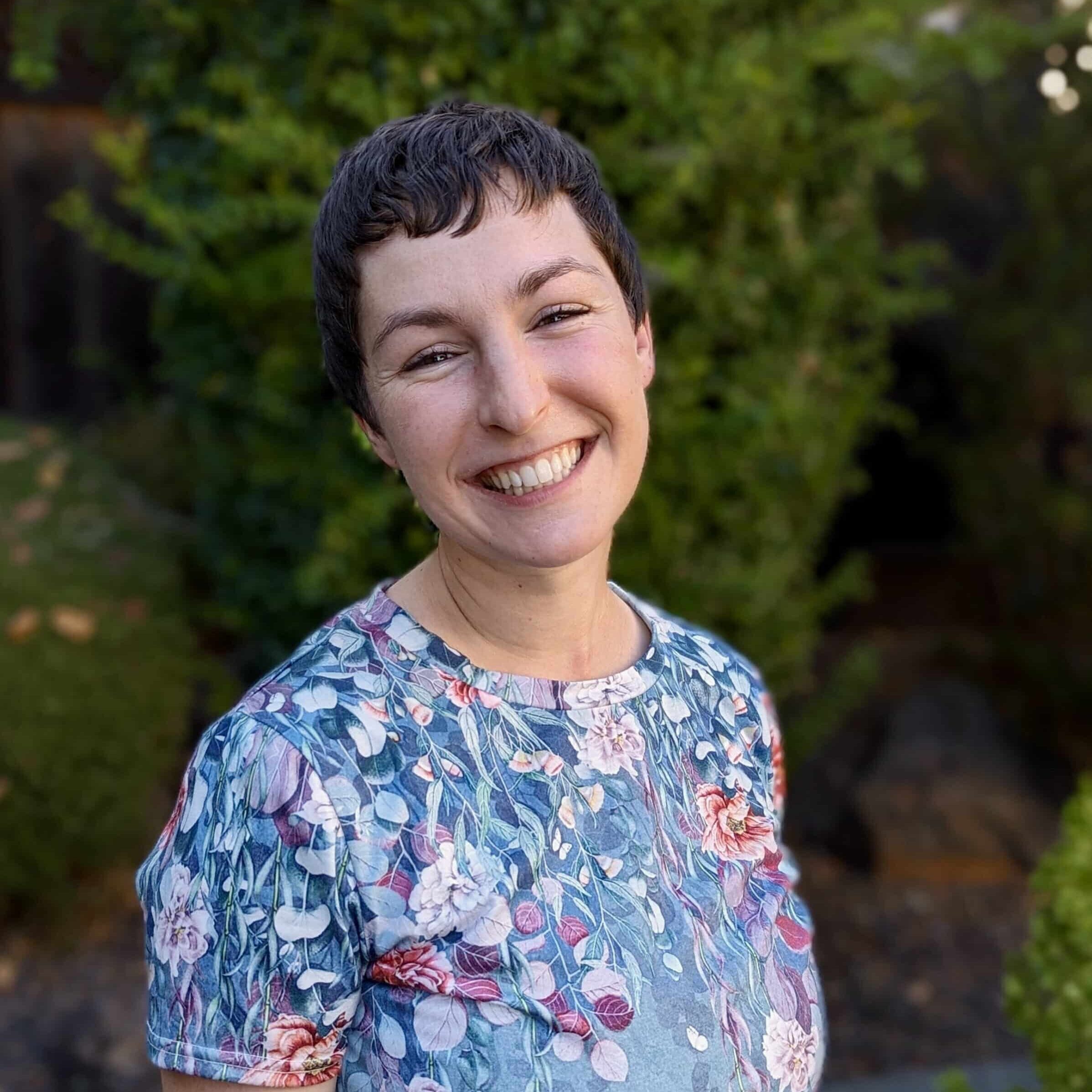Emotional scars shape our lives in many ways. Scars left behind from painful experiences mold our responses, behaviors and interactions with the world around us. Understanding these wounds can help us heal. Read on to learn more about them and how to heal.
Understanding Emotional Scars
The scars of emotional trauma can arise from a variety of events including, among many others:
- Betrayal by a trusted friend
- Rejection from a loved one
- Public humiliation and bullying
- Abuse
If left undealt with, they may create lasting scars that impact how we lead our lives. But the ability to heal these scars can be found, with support from others and with professional counseling.
Most Common Emotional Scars
The most common emotional scars include:
Rejection
If someone turns away from us or makes us feel we aren’t good enough, we often feel inadequate or lonely. This can happen at home, at work, among friends or in the community. If these feelings aren’t addressed they can lead to avoiding risk-taking or forming deep relationships out of fear of further rejection.
Betrayal
If we are betrayed by someone, it cuts deeply, shaking the foundation of the trust we have for others. Whether it’s a friend who shares secrets, or a partner who is disloyal, the effects can be devastating. Betrayal forces us to question our judgment and can impair our ability to trust others in the future. To heal we need to rebuild our sense of trust, in ourselves as well as in others.
Abandonment
Whether physical or emotional, abandonment triggers one of our deepest fears—that of being alone. This wound can be inflicted early in life if a parent is absent or emotionally unavailable. And it can reappear when a significant person leaves without explanation. The resultant feelings of instability and insecurity can influence future relationships, often causing anxiety about being left again. Healing from abandonment involves developing a secure sense of self and understanding that your worth is not tied to the presence or approval of others.
Humiliation
Humiliation can affect your self-esteem, dignity and self-respect. This emotional scar may be a result of being ridiculed, demeaned, body-shamed or bullied by an individual or group. It can result in feeling inadequate, having low self-esteem or engaging in self-destructive behaviors. This might prevent you from expressing yourself or engaging in social activities. Overcoming humiliation requires rebuilding self-confidence and often confronting painful memories associated with the events.
Injustice
When we are wrongly or unfairly treated, we may feel angry or helpless. This common emotional scar develops when there is gap between what we perceive as fair and the reality faced. We may develop feelings of bitterness and cynicism. Healing from injustice involves transforming feelings of anger into constructive action and finding ways to make your environment more equitable and just.
Trauma-induced
Trauma affects everyone differently, whether it be due to one-time, multiple or long-lasing repetitive events. This might be from childhood neglect or abuse, witnessing domestic violence, physical or emotional abuse, accidents, natural disasters or witnessing violence. Some people may have symptoms of stress, anxiety, depression or Post Traumatic Stress Syndrome (PTSD). Many more will have resilient responses or brief episodes that are not at the level of PTSD.
Trauma’s impact can be subtle, insidious or outright destructive. How trauma affects someone depends on many factors. These scars may impact individual development, relationships and overall well-being. [A]
Relationship
Often due to toxic relationships, betrayal, humiliation or abandonment, these scars typically affect a person’s ability to trust and maintain healthy social relationships.
What Causes Emotional Scars
There is a wide range of causes of emotional scars. Those from childhood or adolescence often manifest in adulthood, affecting self-esteem, relationships,and mental health.
- Toxic relationships (romantic, family, friendship)
- Relationship breakups
- Divorce
- Loss of a loved one
- Abuse (emotional, physical, sexual)
- Adverse childhood experiences (neglect, abuse, witnessing domestic violence)
- Illness
- Job Loss
- Traumatic events
How to Recover from Emotional Scars
Healing from emotional scars is a deeply personal process. It can vary greatly between individuals. However certain fundamental steps can help facilitate healing, offering a path forward to recovery.
Acknowledgment and Acceptance
Recognizing the scar: The first step in healing is acknowledging that you are hurt. Denial can often delay recovery, making it crucial to face the reality of the emotional pain.
Acceptance: This involves understanding that the scar is part of your experience but does not define you. Accepting what has happened allows you to move beyond the pain and start focusing on recovery.
Seeking Professional Help
Therapy: Engaging with a therapist can provide a safe space to explore your emotions and understand the root causes of your pain. Therapists can employ various approaches such as Cognitive Behavioral therapy (CBT), which helps reframe negative thought patterns, or Eye Movement Desensitization and Reprocessing (EMDR), which is particularly effective for trauma.
Support Groups: bSometimes sharing your experience with others who have faced similar challenges can be incredibly healing. Support groups offer not just guidance but also companionship on your healing journey.
Building a Support System
Friends and Family: Lean on your loved ones for support. They cann offer emotional comfort and practical help as you navigate your way through healing.
Community Resources: Look into resources such as workshops, seminars, or community centers that offer programs designed to help people deal with emotional pain.
Self-Care Strategies
Mindfulness and Meditation: These practices can help center your thought and calm your mind, reducing the stress and anxiety that often accompany emotional scars.
Physical Activity: Exercise is not only good for the body but also for the mind. It can help reduce symptoms of depression and anxiety.
Hobbies and Interests: Engaging in activities you love can bee therapeutic. They not only occupy your mind but can also provide joy and a sense of accomplishment.
Developing Resilience and Coping Mechanisms
Journaling: Writing your thoughts and feelings can be a cathartic experience, helping you process and overcome emotional pain.
Setting Boundaries: Protecting yourself by setting clear boundaries is important for preventing further emotional harm. Learn to say no or distance yourself from tocxic situations or individuals.
Goal Setting: Setting small, achievable goals can provide a sense of direction and purpose which is often lost when dealing with emotional scars.
Healing is not a linear process. Setbacks are a normal part of recovery. It’s important to be patient with yourself and recognize that each step forward, no matter how small, is a victory.
Healing is not a linear process, and setbacks are a normal part of recovery. It’s important to be patient with yourself and recognize that each step forward, no matter how small, is a victory.
Professional Treatment in Utah
Treatment is available in Utah. Are you or a loved one looking for a compassionate space to heal from emotional scars, anxiety, trauma, PTSD, other mental health issues or addictions? Our licensed professional therapists and counselors at Corner Canyon Health Centers can provide compassionate help using a range of holistic techniques.
Reach out to our Admissions team now at Corner Canyon. We’re in a peaceful setting bordered by the beautiful Wasatch Mountains.
Sources
[A] Center for Substance Abuse Treatment (US). Trauma-Informed Care in Behavioral Health Services. Rockville (MD): Substance Abuse and Mental Health Services Administration (US); 2014. (Treatment Improvement Protocol (TIP) Series, No. 57.) Chapter 3, Understanding the Impact of Trauma.













